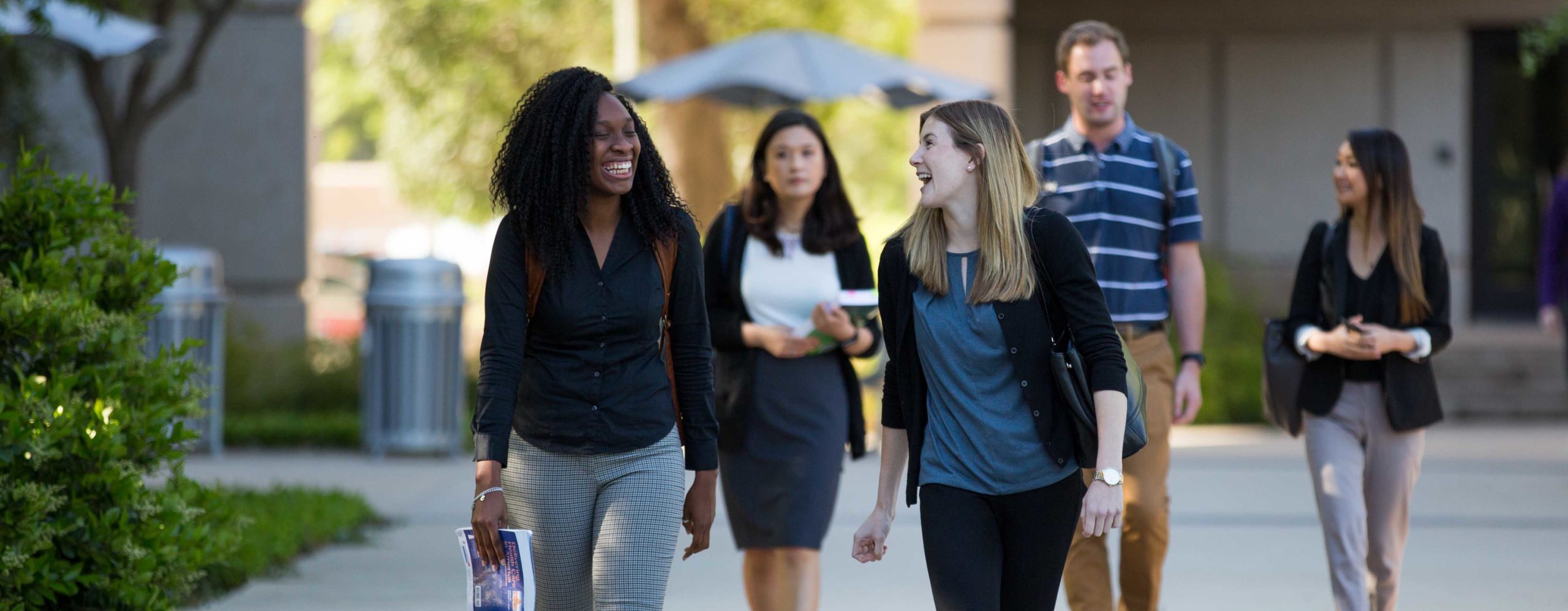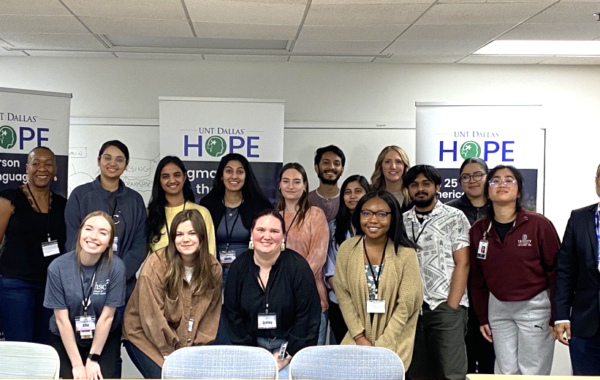Public Health Colleges You Must Know About
Public Health Colleges You Must Know About
Blog Article
Public Wellness Colleges You Must Know About
Public wellness schools enjoy a critical position in shaping the continuing future of international health by equipping a fresh era of professionals with the information and abilities to handle pressing health challenges. The ripple effect of their contributions is visible in the development of world wide healthcare programs and the implementation of impactful answers in communities worldwide. public health colleges are evolving global health and fostering sustainable progress.

Producing Qualified Community Health Professionals
Public wellness colleges serve as locations for creating experienced experts necessary in approaching worldwide wellness challenges. Through rigorous academic applications, they make students to function in varied jobs such as for example epidemiologists, biostatisticians, wellness policy analysts, and world wide health advocates.
The curriculum usually stresses useful knowledge, offering pupils opportunities to engage in real-world health initiatives. This process guarantees that graduates possess not only theoretical information but also the hands-on knowledge expected to deal with crises such as contagious illness episodes, maternal and child health disparities, and persistent disease management.
A report indicates that people who have advanced community health levels donate to lowering infant mortality costs by 2-5% annually in low-income regions.
Driving Research and Creativity
Public wellness colleges are key players in improving health-focused research and innovation. They usually conduct reports on demanding issues like condition elimination, psychological health, environmental health threats, and vaccine development. That study gives valuable information that courses evidence-based plans and programs, straight impacting worldwide health outcomes.
As an example, data-sharing initiatives manufactured at these institutions have helped recognize styles in infection sign, leading to faster reactions to pandemics. Universities also collaborate with governments and NGOs to turn study conclusions into actionable, community-level health improvements.
Study components from public wellness institutions have decreased global malaria likelihood by 27% within the last decade, creating better populations in malaria-prone regions.
Strengthening International Wellness Methods
Cooperation is in the centre of community health. Programs in public places wellness schools stress the importance of interdisciplinary teamwork in approaching healthcare disparities. Graduates often partner with international companies to enhance wellness programs in underfunded regions. They aid in instruction healthcare individuals, optimizing healthcare delivery, and utilizing AI- and data-driven options for better health planning.
These efforts improve the resilience and capacity of delicate wellness programs to resist future threats, developing a sustainable construction for increased global health.
Building Partnerships for Modify

Public wellness colleges understand the energy of unions in tackling worldwide health disparities. By forging associations with worldwide institutions, nonprofits, and neighborhood businesses, they foster mutually beneficial relationships. These alliances enable the pooling of assets and the co-creation of programs to cut back inequality in healthcare access worldwide.
The Route Forward
Community health colleges remain crucial in evolving international wellness through competent professionals, cutting-edge study, and cross-sector partnerships. Their efforts continue steadily to graph a journey toward the next wherever equitable healthcare is not an aspiration but a reality for all.
Report this page